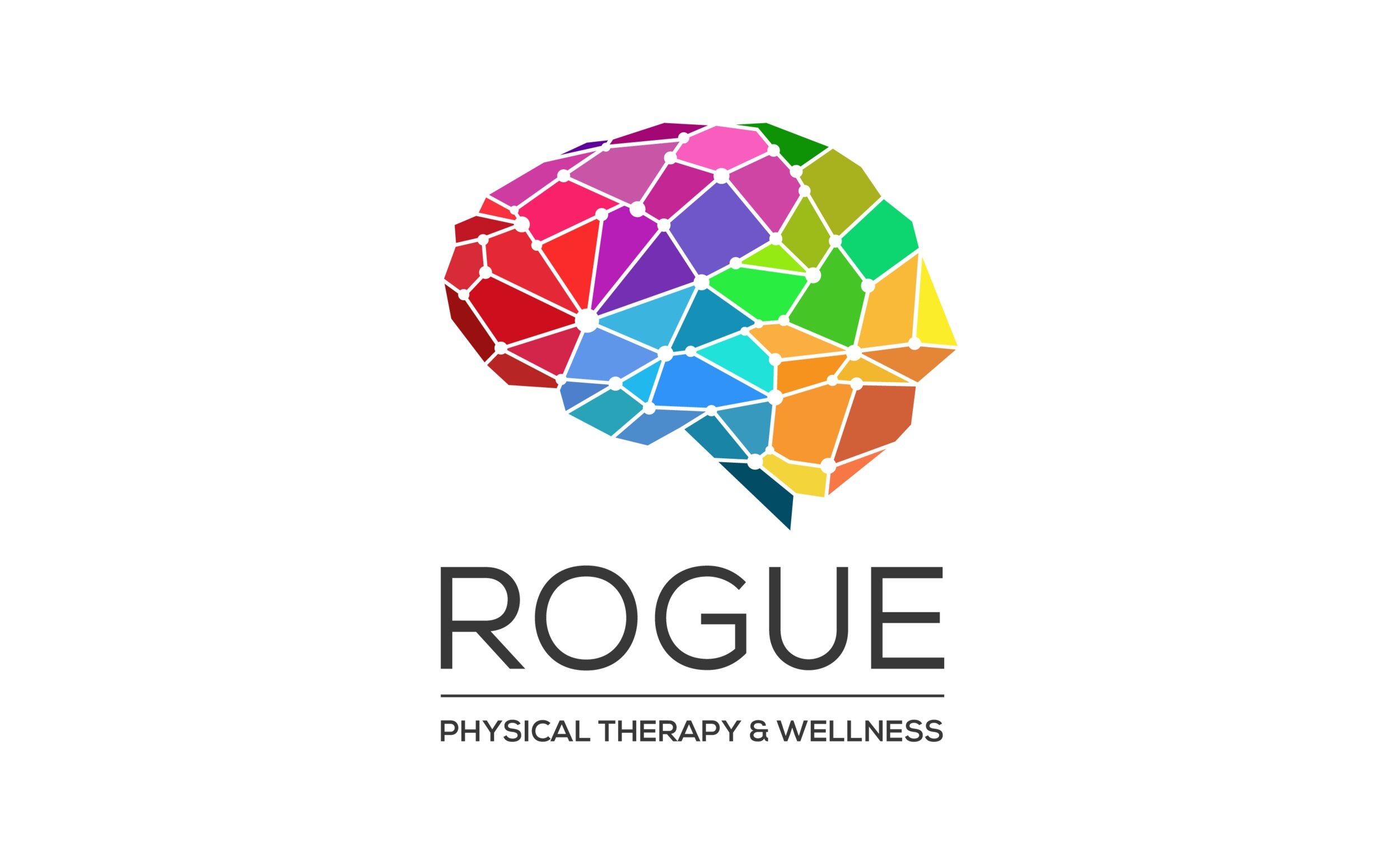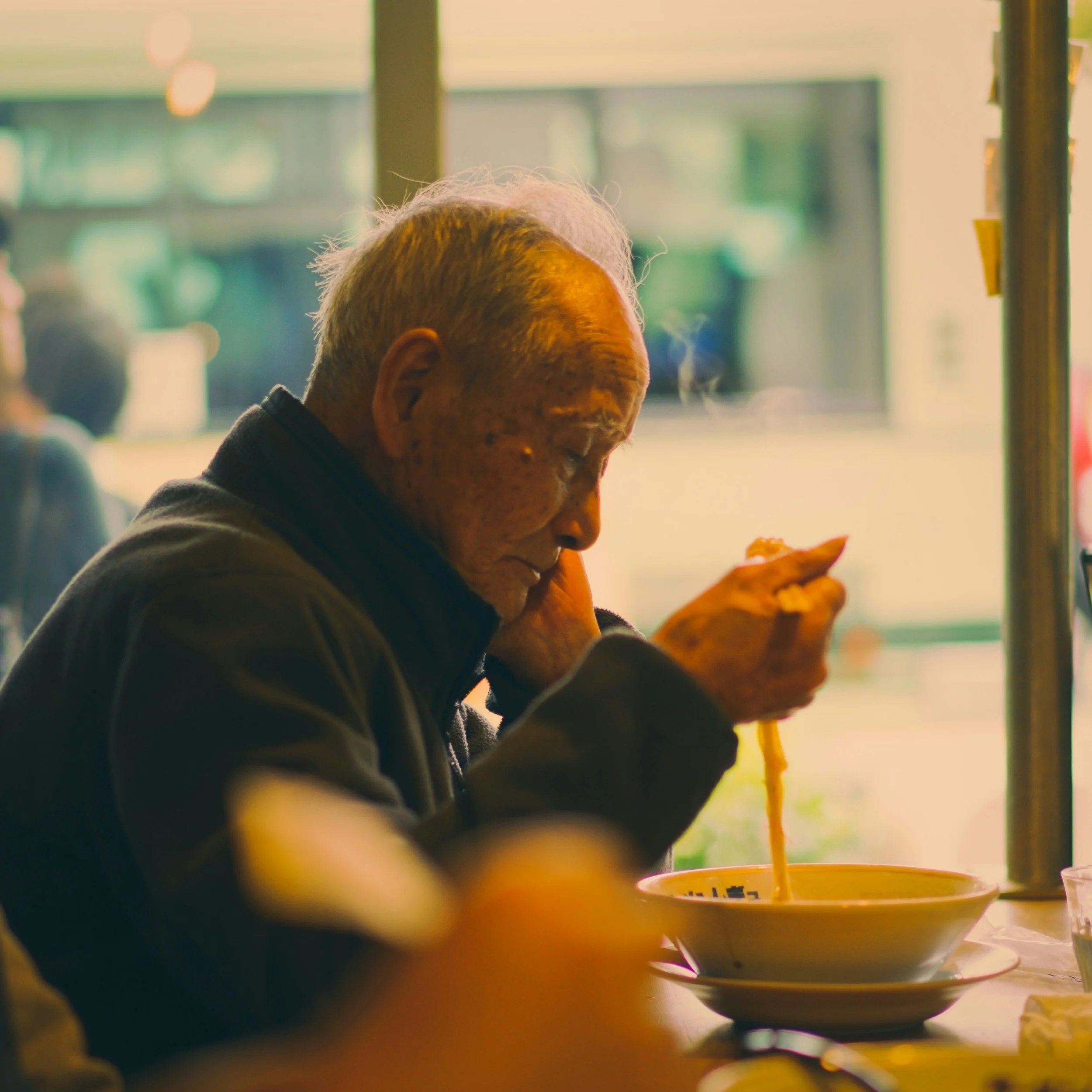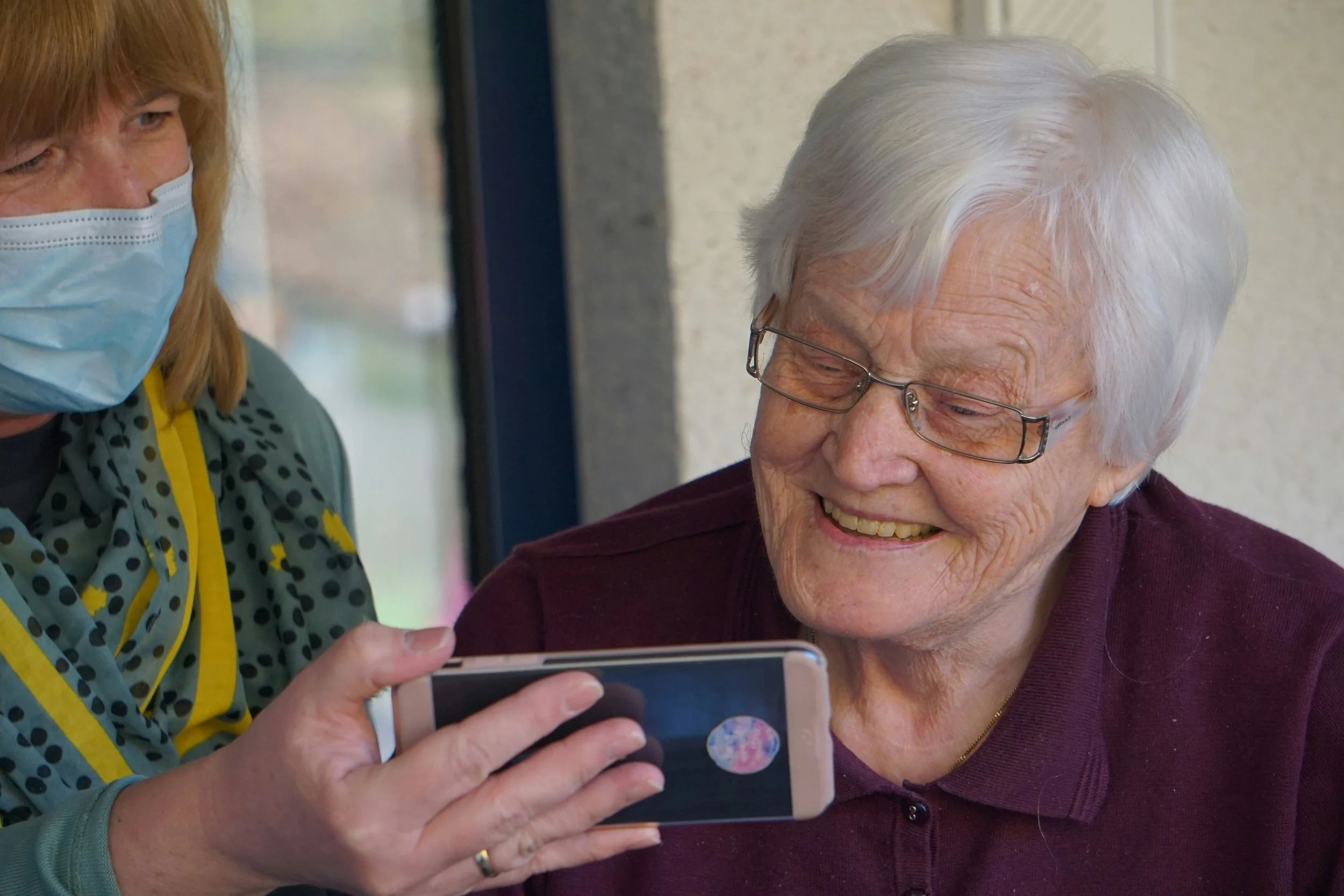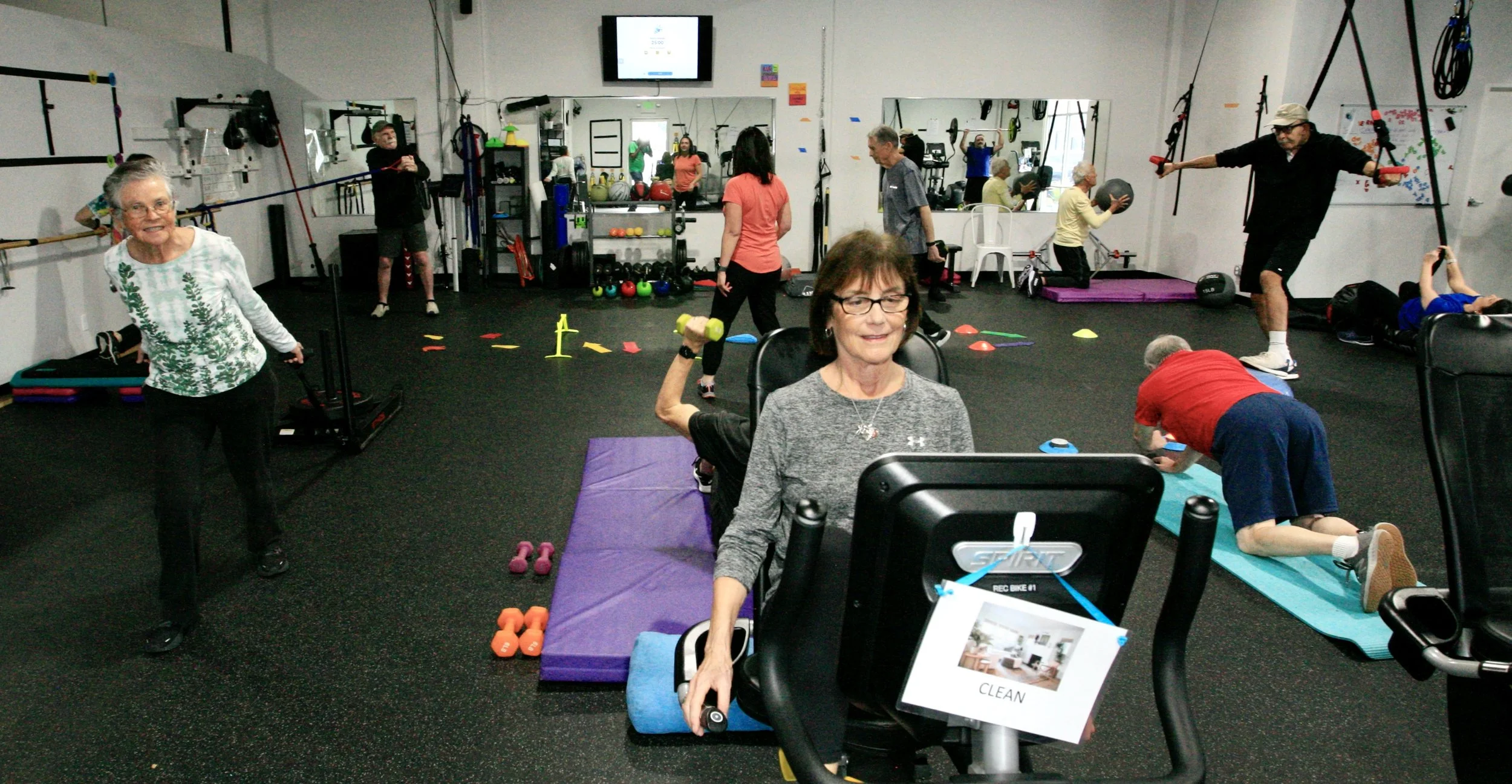Stronger Together: The Role of Social Health in Parkinson’s Management
Living with Parkinson’s can sometimes feel isolating. Tremors, stiffness, or trouble with speech can make social situations challenging, and that can leave you feeling disconnected. But staying connected really matters. It can boost your mood, help you think more clearly, and give you the kind of support that makes everyday challenges easier to handle.
It’s not just about avoiding loneliness. In fact, research shows that people with Parkinson’s who maintain strong social networks experience fewer symptoms and a better overall quality of life. Feeling connected can also help with stress, sleep, and motivation, making it easier to stay engaged in daily activities.
Even small interactions, like a quick phone call or a brief chat with a neighbor, can have measurable benefits. Social connection provides emotional support, practical advice, and a sense of belonging. Over time, these moments build resilience, making it easier to face the ups and downs of Parkinson’s.
In this post, we’ll explore why social connections matter, the challenges many people face, and practical ways to stay engaged. We’ll also show how structured programs and communities can make socializing and staying active more achievable and enjoyable.
The Problem: Isolation and Its Effects
Social isolation is more than just being alone. For people with Parkinson’s, feeling lonely or disconnected can actually make symptoms worse. Studies show that individuals who feel socially isolated may experience up to 55% more severe symptoms compared to those with supportive social networks. On the flip side, strong connections can reduce symptoms, improve mood, and increase overall well-being.
Parkinson’s is on the rise, and many people face barriers that make social engagement harder - limited mobility, transportation challenges, living alone, or low energy levels. Without intentional effort, these obstacles can create a cycle: isolation leads to lower mood and motivation, which makes it even harder to reach out and connect.
Even in the general population, social engagement is linked to better overall health, from heart health to brain function. For people with Parkinson’s, the benefits are even more pronounced. Maintaining social connections can help protect cognitive function, strengthen emotional well-being, and even improve physical health. It’s not just a matter of having fun - it’s a key part of managing your health.
Isolation can also increase stress, anxiety, and depression. All of these factors can affect your daily life, making movement, exercise, or even simple routines feel more difficult. Understanding the consequences of social isolation is the first step toward breaking the cycle and intentionally building connections into your day-to-day life.
How Isolation Shows Up
You might notice social isolation in a few common ways:
Emotional changes: Feeling anxious, down, or lonely more often than usual. You may find yourself withdrawing from conversations or avoiding social events because it feels overwhelming.
Cognitive challenges: Trouble remembering things, focusing, or solving problems. These difficulties can make interactions stressful, creating a feedback loop where you avoid connecting.
Physical effects: Higher stress can worsen tremors, sleep issues, and general health. Even small bouts of isolation can amplify fatigue or make mobility feel harder.
Reduced motivation: Fatigue or apathy can make social events feel overwhelming. When energy is low, it can be tempting to skip out on activities that might otherwise lift your spirits.
These challenges often feed into each other. Low energy makes socializing harder, which increases loneliness, which then worsens Parkinson’s symptoms. Breaking this cycle requires intentional, consistent effort, but the benefits - improved mood, stronger cognitive function, and better physical health - are well worth it.
How to Stay Connected
Simple Everyday Ideas
You don’t need a special program to start feeling more connected. Here are some simple, practical steps:
1. Schedule social time
Plan calls, walks, or coffee dates ahead of time. Making it part of your routine helps you follow through. Even a 10-minute conversation can make a meaningful difference in your day.
2. Reach out intentionally
A quick text, email, or video call keeps relationships alive. Let friends or family know you value them, even if it’s just a small check-in.
3. Join a group or hobby
Clubs, volunteer work, or community events provide meaningful interaction and help you meet new people. Activities you enjoy make it easier to sustain connections.
4. Use technology
Video chats, messaging apps, and online forums make it possible to connect even when leaving the house is difficult. Virtual social spaces can offer consistent interaction without transportation barriers.
5. Professional support
Therapy or counseling can help with anxiety, depression, or low motivation. Feeling supported professionally makes it easier to engage socially and take small steps toward connecting.
Even small, consistent efforts can boost mood, focus, and motivation. Start simple, and gradually build connections that feel comfortable and sustainable. The goal isn’t to overhaul your social life overnight - it’s to add meaningful moments of connection that compound over time.
Programs That Make Connection Easier
A Sometimes, having a structured program makes social engagement simpler and more effective. Programs designed specifically for people with Parkinson’s combine exercise, wellness, and community in one supportive package.
Being part of a Parkinson’s-focused program provides both structure and encouragement. Members benefit from consistent routines that integrate social connection, physical activity, and wellness education. These programs also offer expert guidance, helping people safely build skills, increase confidence, and strengthen relationships at the same time.
Why Social Connections Make a Difference
Social connection isn’t just a “nice-to-have.” It has real, measurable benefits:
Reduces stress and inflammation
Supports memory, problem-solving, and focus
Boosts confidence and self-esteem
Eases caregiver burden
Research shows that social engagement strengthens resilience, protects brain health, and motivates people to stay active. Being connected encourages participation in exercise, wellness routines, and social activities - all of which are proven to improve quality of life.
Even short, intentional interactions can make a difference. A phone call, a text check-in, or a shared activity can shift mood, ease anxiety, and strengthen motivation. Over time, these moments add up, reinforcing emotional well-being and helping people feel more capable of managing Parkinson’s day to day.
Overcoming Common Challenges
It’s normal to face barriers when trying to stay socially connected:
Mobility or transportation issues: Virtual options or accessible local programs make socializing possible.
Fatigue or low motivation: Scheduling social time during peak energy hours helps ensure participation.
Speech or facial changes: Honest conversations with friends or family reduce anxiety about communication.
Depression or anxiety: Professional support helps you feel ready to engage socially without fear.
Recognizing these challenges and taking small, intentional steps helps you stay connected without feeling overwhelmed. Even incremental progress matters.
Our Program: Movement, Connection, and Whole-Person Support
Staying socially connected and active with Parkinson’s isn’t just about one class or a single activity - it’s about building a daily routine that supports your body, mind, and relationships. That’s why we’ve designed two programs that combine exercise, wellness, and community for people living with Parkinson’s.
1. Our In-Person Gym in Orange County, California
At Rogue Physical Therapy and Wellness, our space is built specifically for the Parkinson’s community. With over 6,000 square feet and around 40 classes each week, there’s something for everyone - whether you’re newly diagnosed or further along in your journey.
In-person members benefit from expert guidance and the energy of a supportive group. Classes cover strength, balance, mobility, cardio, and speech therapy, all tailored for Parkinson’s. But it’s not just about exercises. Being part of a community where people encourage each other, celebrate small wins, and share experiences helps members feel understood, motivated, and connected.
2. Our Online Program: Rogue in Motion
For those who can’t get to the gym, our Rogue in Motion online program brings the same expertise and sense of community into your home. People across the country can join live classes five days a week, guided by Parkinson’s-specialized physical therapists who understand how movement, energy, and wellness all work together.
Here’s how our online program supports both wellness and connection:
Structured Exercise: Aerobic and skill-based classes keep the body active, coordinated, and confident in daily life.
Mind-Body Balance: Mindfulness and relaxation segments calm the nervous system, reduce stress, and make social engagement easier.
Consistent Routine: Regular class times encourage habits that benefit both body and mind.
Holistic Coaching: Members learn how movement, nutrition, and wellness practices work together to support overall health.
Supportive Community: Connecting with others in classes or discussion spaces reduces stress, boosts motivation, and helps build real friendships.
Online members also get access to a library of over 3,000 Parkinson’s-focused exercise videos, live Zoom classes, and interactive Q&A sessions with specialized therapists. The goal is simple: provide tools, guidance, and connection so members can build daily habits that improve quality of life, feel achievable, and foster meaningful social engagement.
Whether in person or online, the focus is the same - helping people living with Parkinson’s stay active, supported, and connected while strengthening both body and mind.
Final Thoughts
If you’ve been feeling isolated or disconnected, take heart - you’re not alone, and small steps can make a real difference. Building stronger social connections often begins with simple, intentional actions: making a quick phone call, joining a class, or reaching out to a friend or family member you haven’t spoken to in a while.
When you combine these efforts with regular movement, mindfulness, and supportive routines, you start to notice subtle but meaningful changes. Conversations feel easier, motivation improves, and everyday activities become more manageable. Over time, these small connections strengthen both your emotional well-being and your physical health.
You deserve to feel supported, understood, and part of a community. To see these ideas in action, watch our YouTube session, “Stronger Together: Why Social Connections Matter for Parkinson’s.” In it, we share practical tips, real stories, and guidance from our team of Parkinson’s specialists.
Start small today - send that text, make that call, or try a virtual class. With gentle, consistent steps, stronger social connections can become a natural, uplifting part of your life with Parkinson’s.












